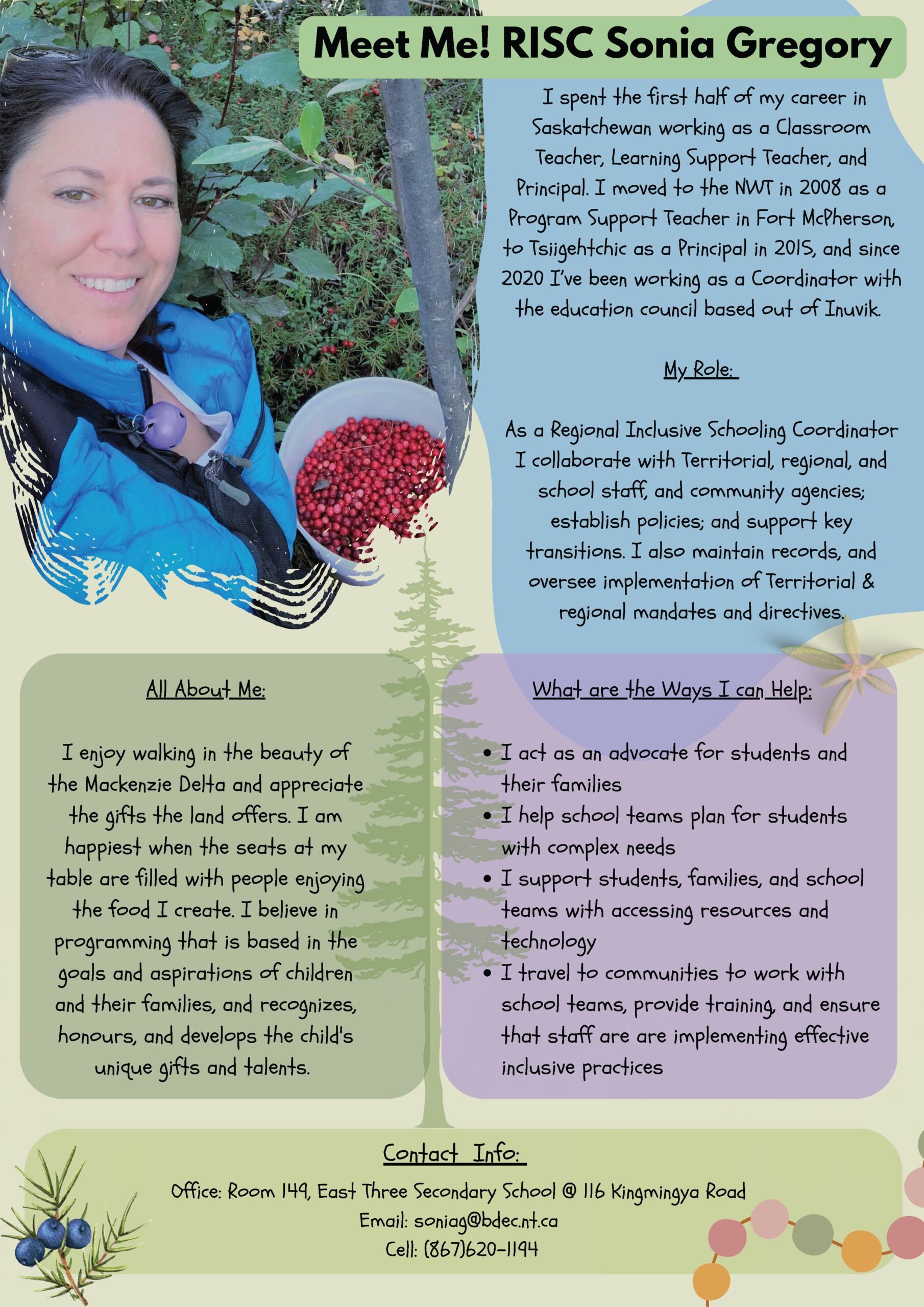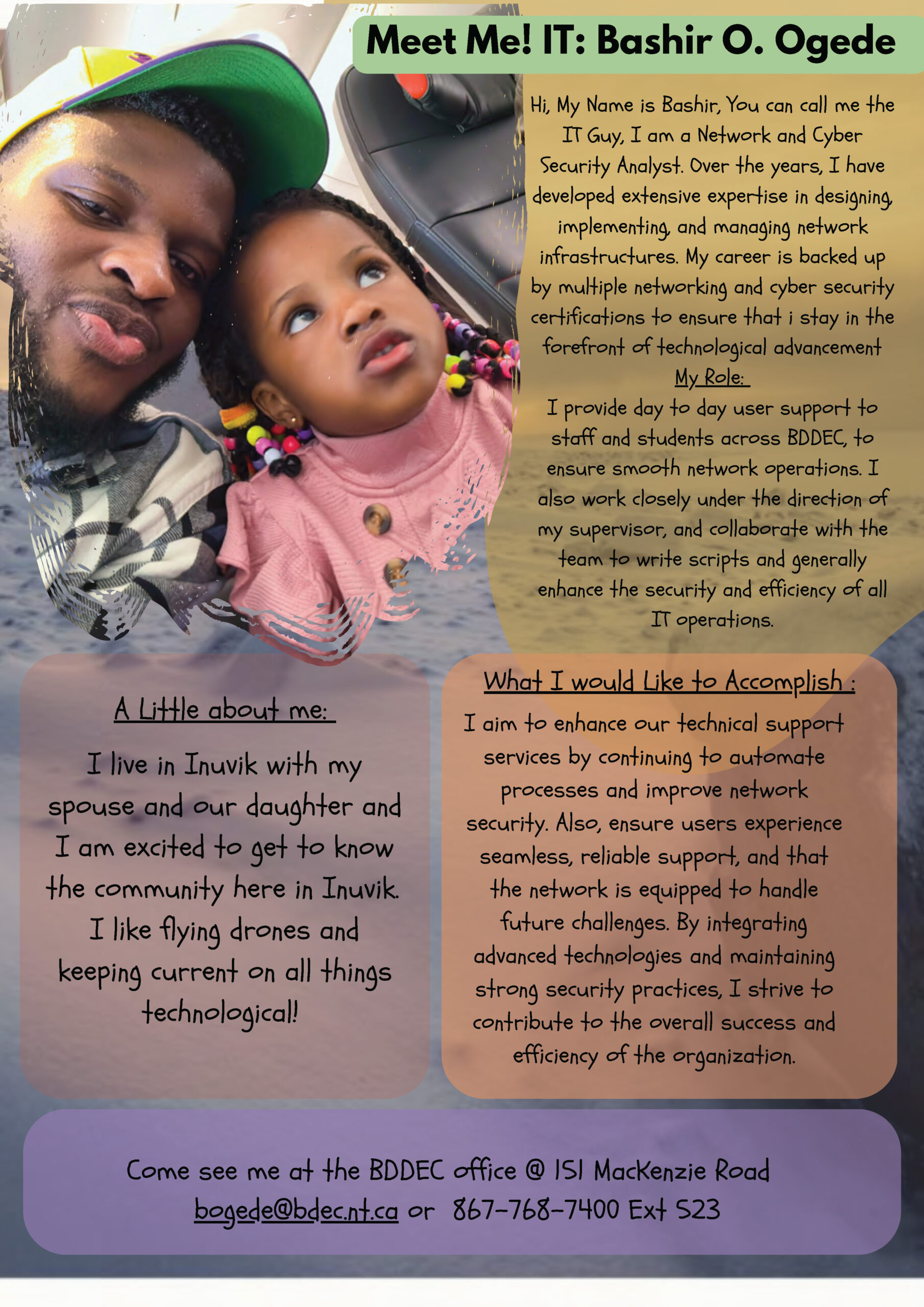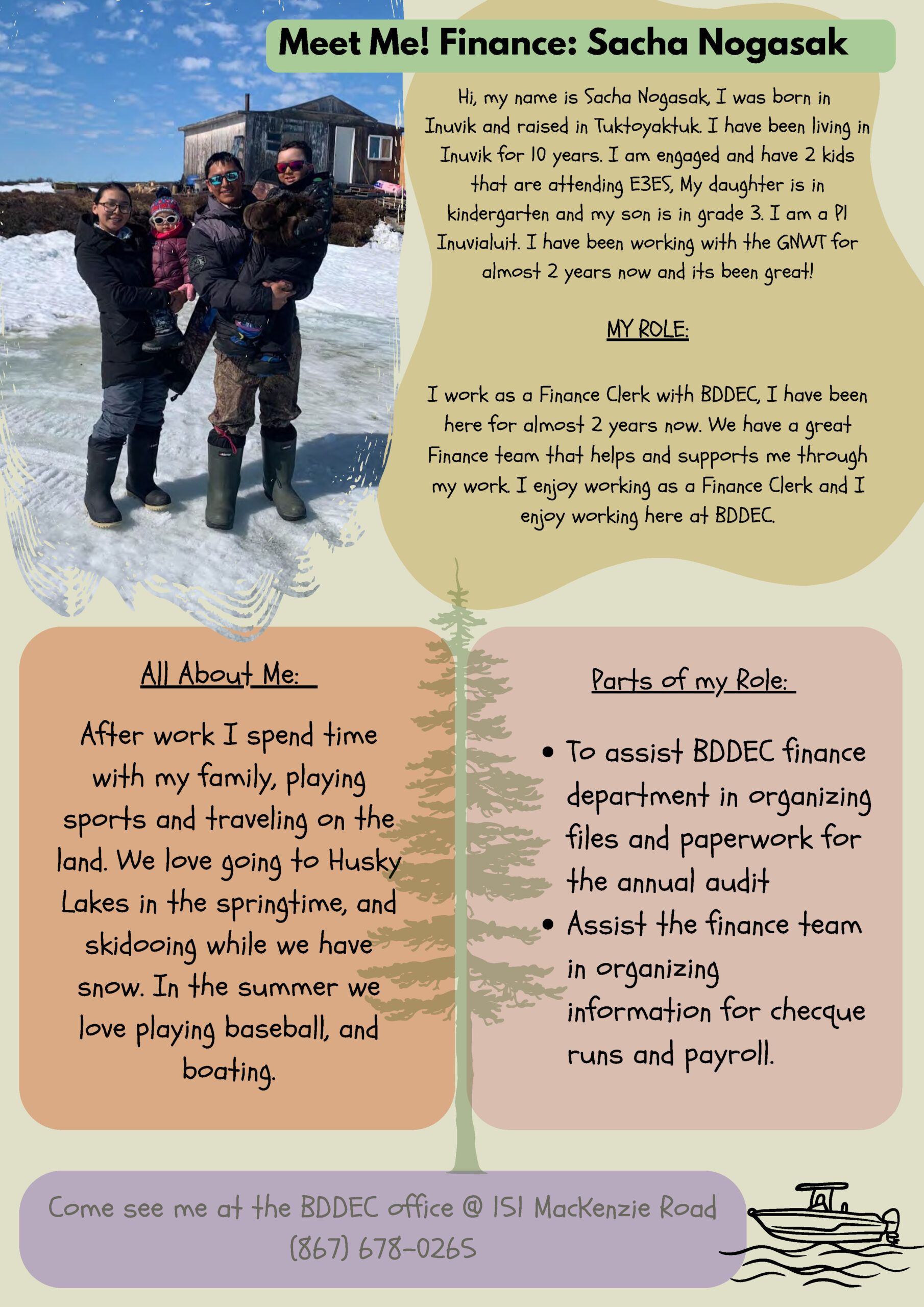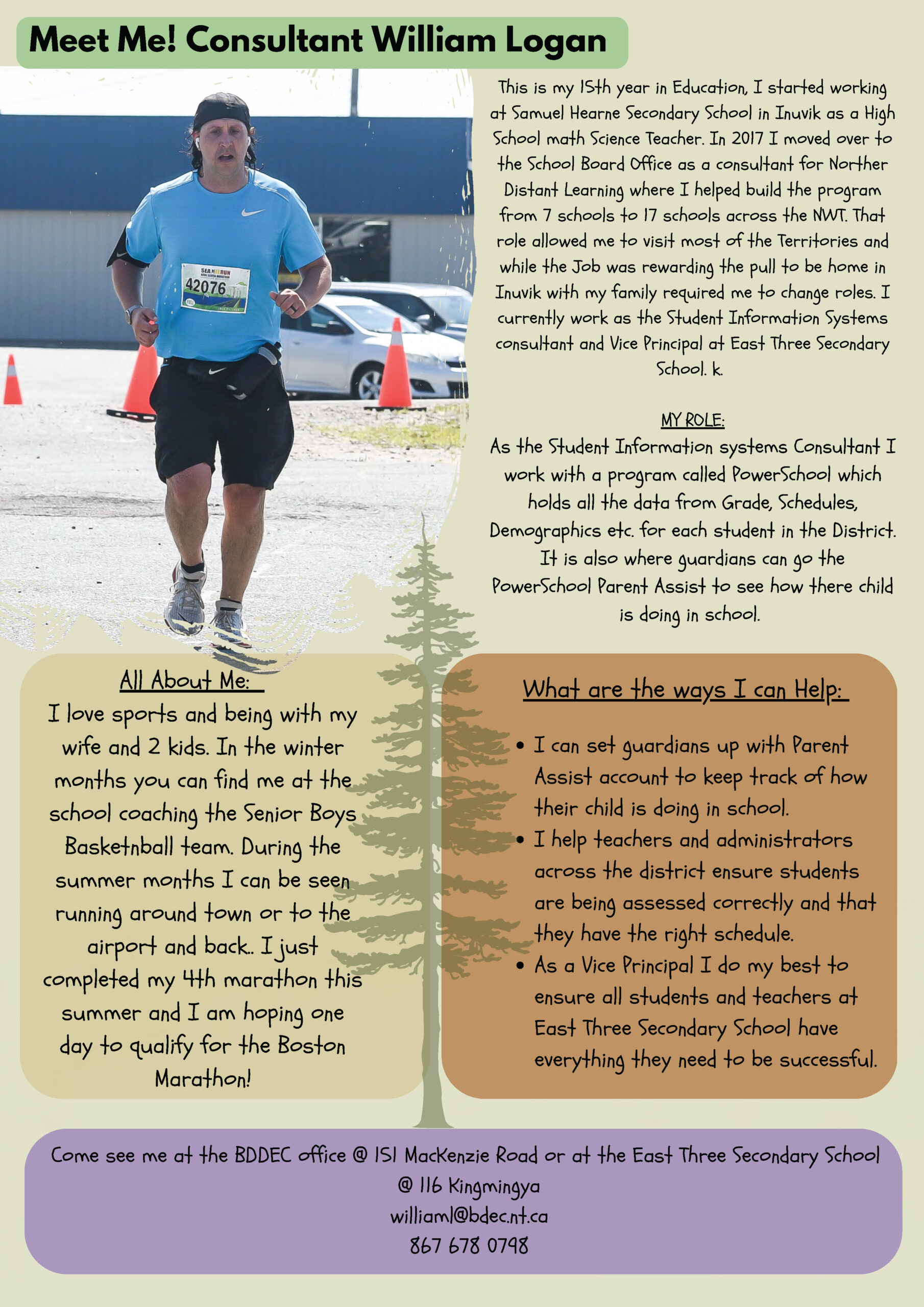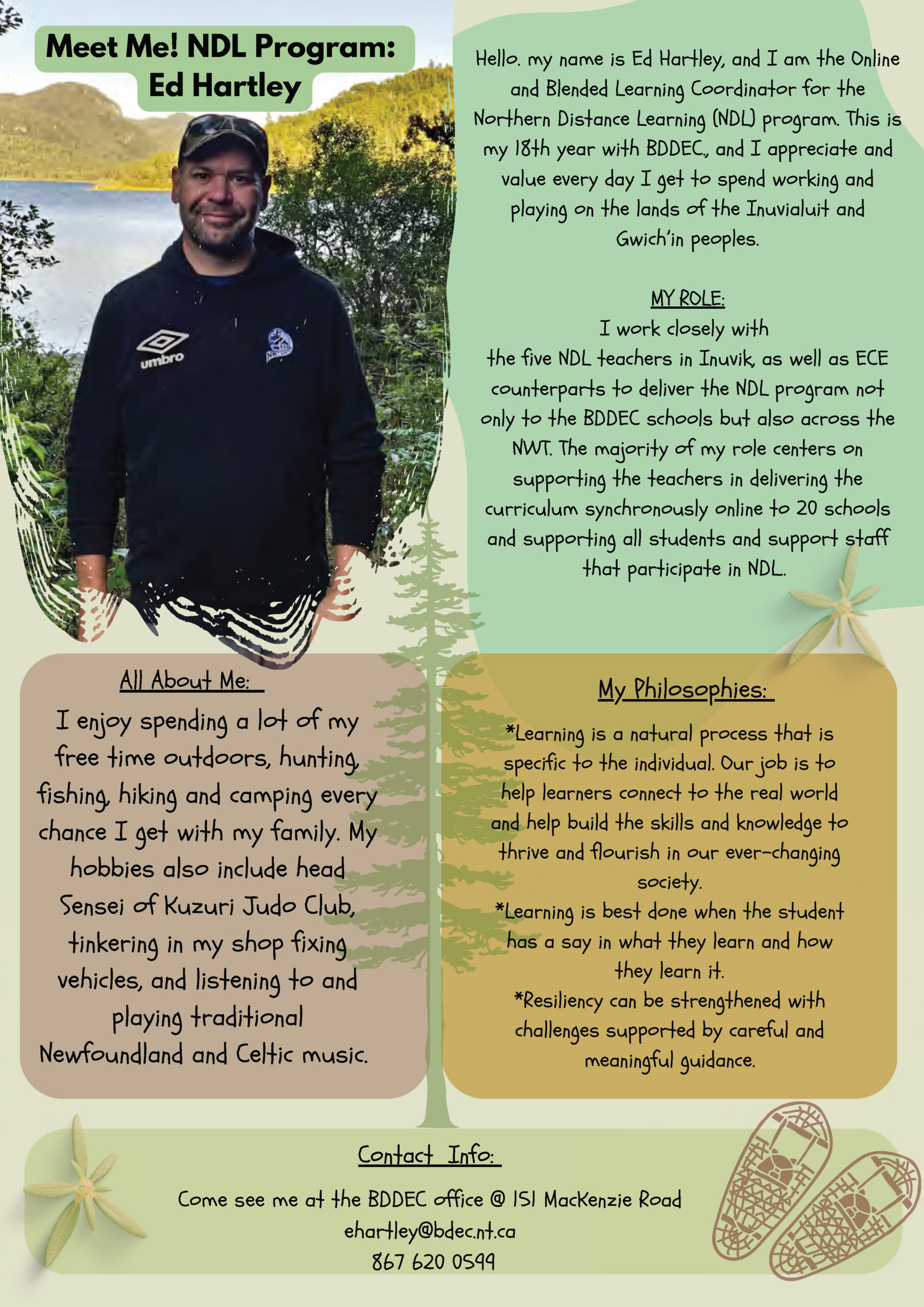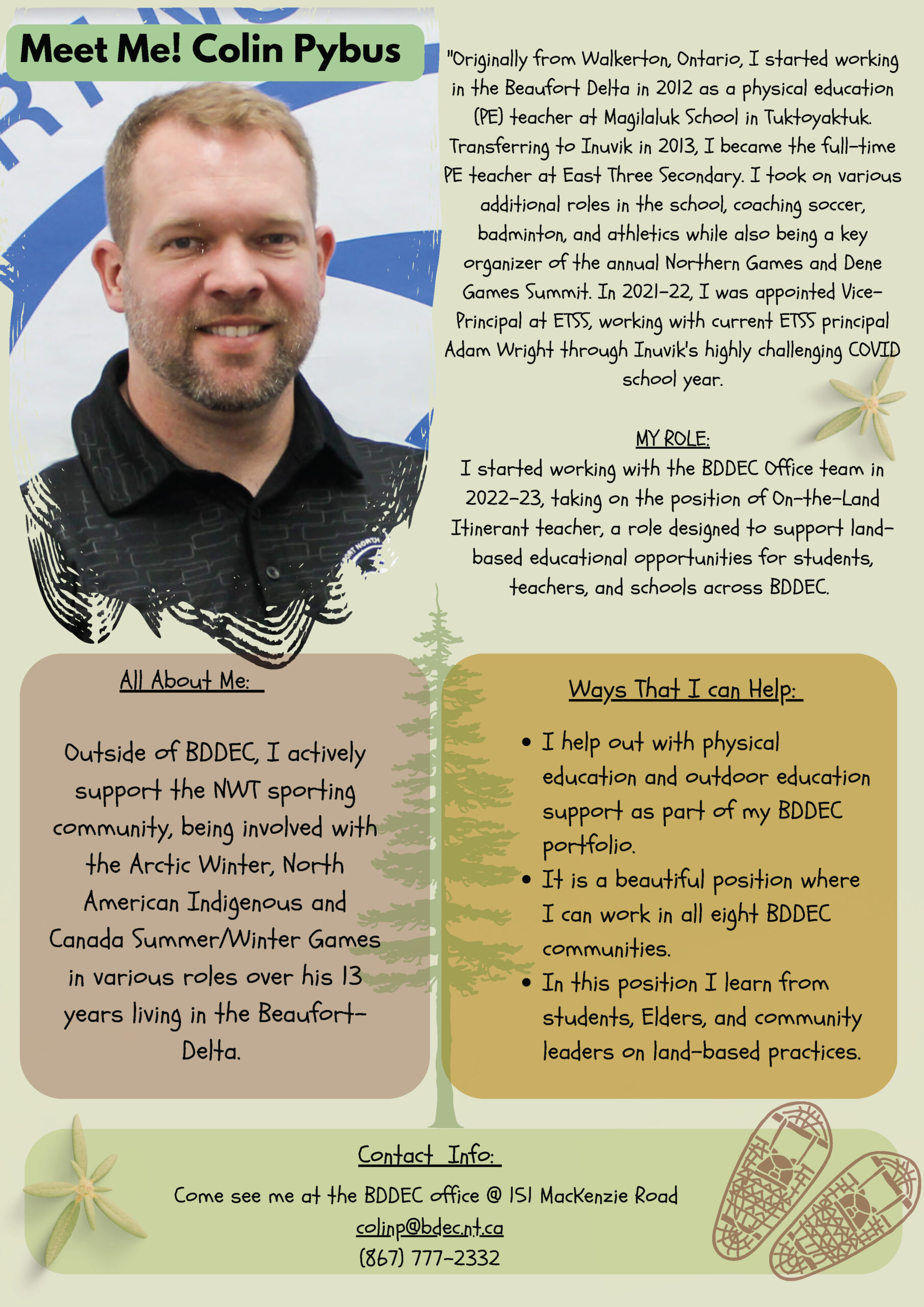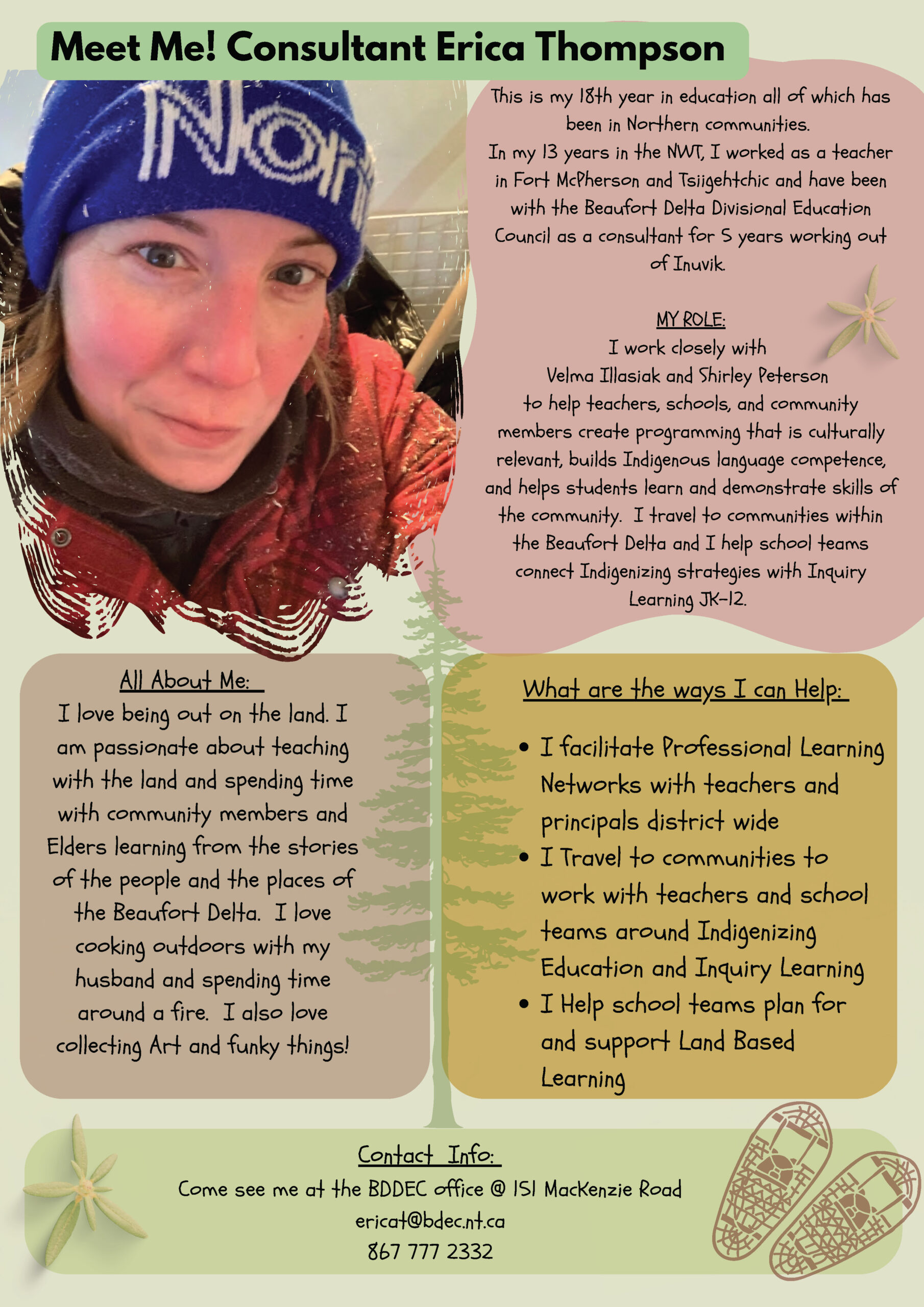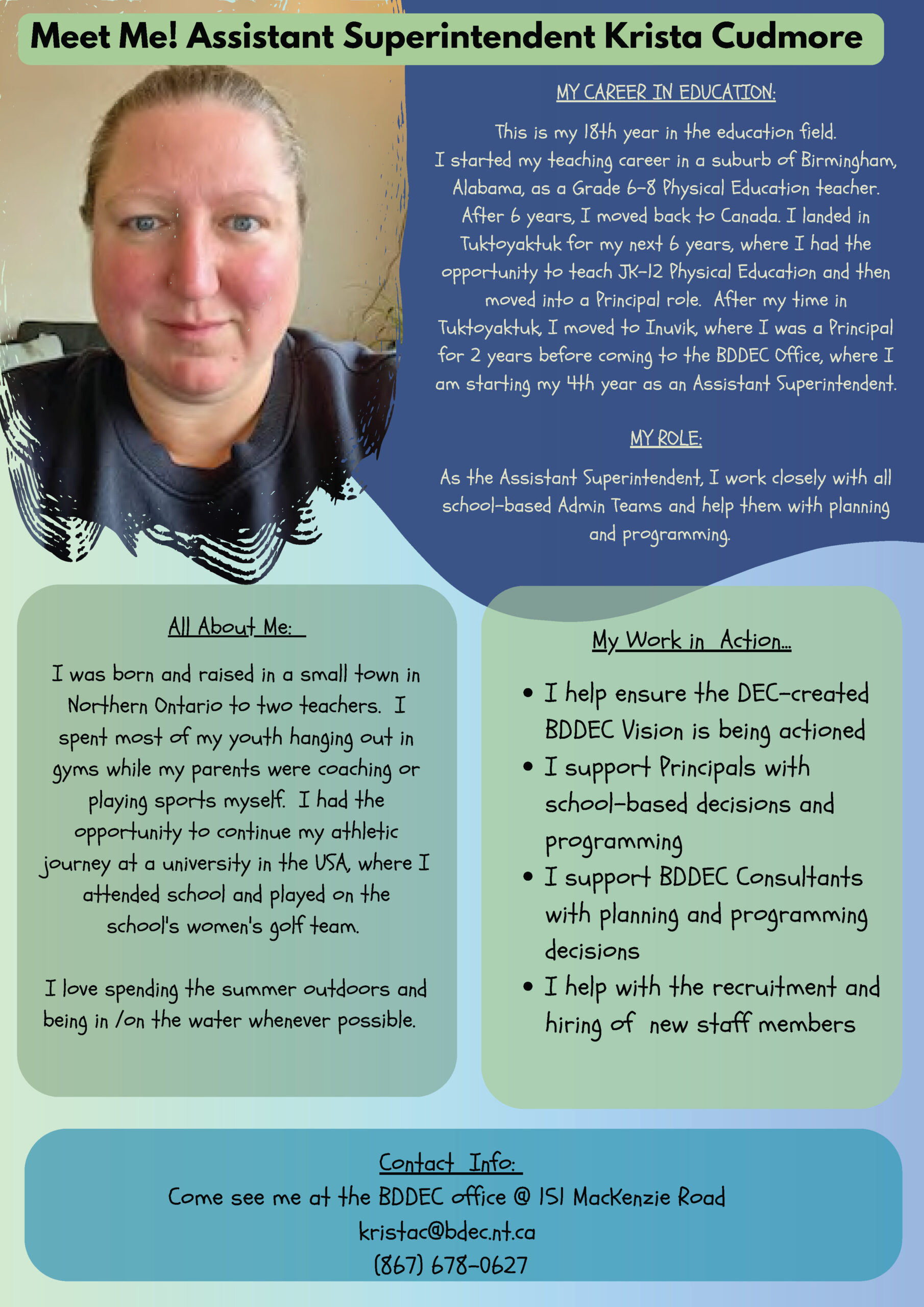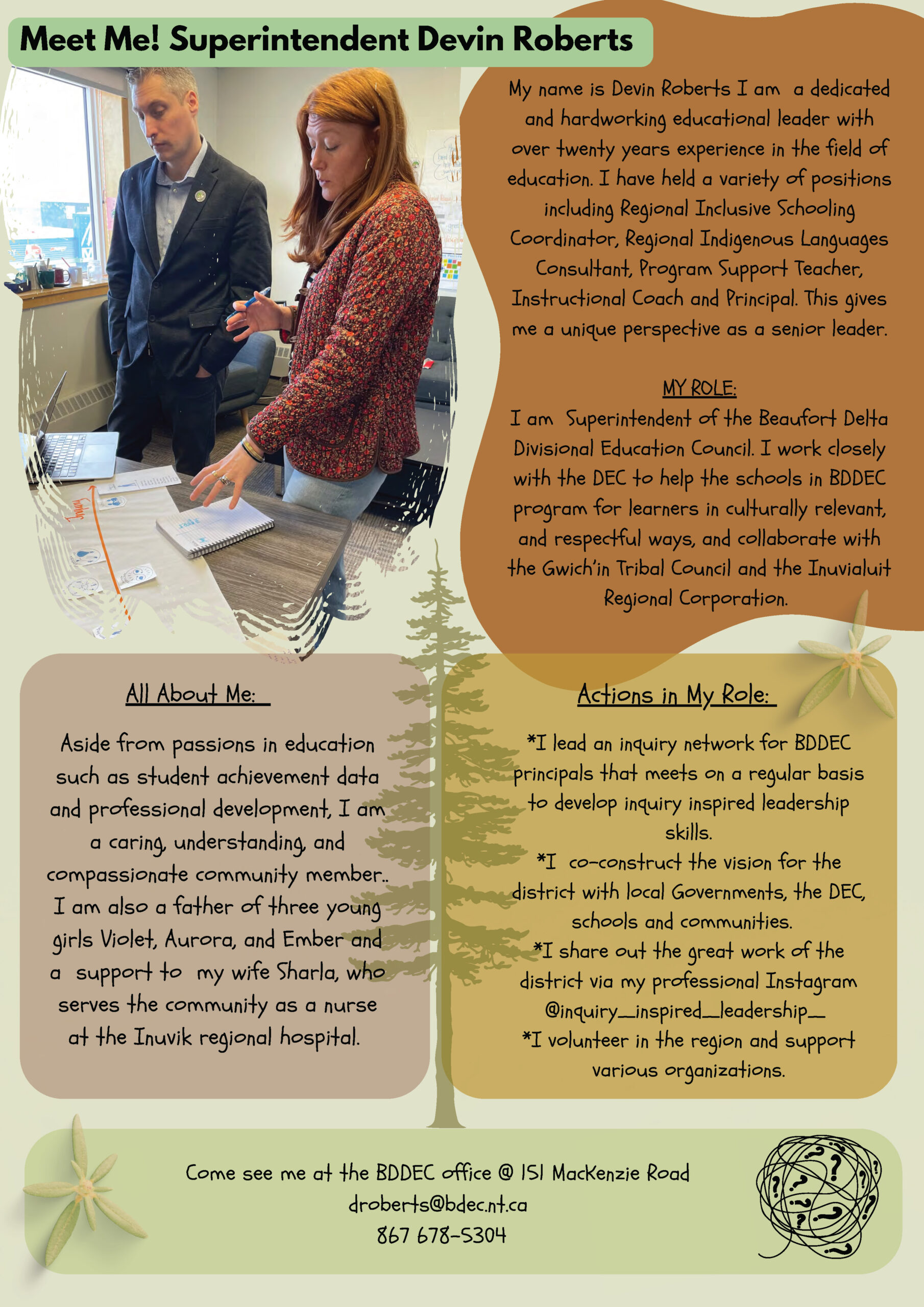Superintendents
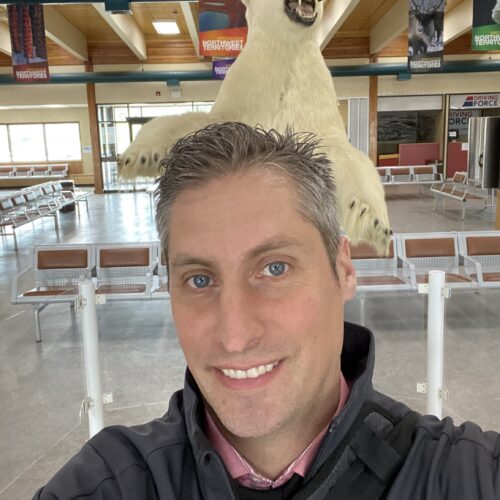
Devin Roberts
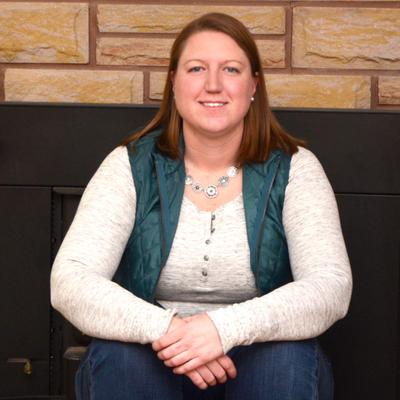
Krista Cudmore

Superintendent
Devin Roberts
My name is Devin Roberts I am a dedicated and hardworking educational leader with over twenty years experience in the field of education. I have held a variety of positions including Regional Inclusive Schooling Coordinator, Regional Indigenous Languages Consultant, Program Support Teacher, Instructional Coach and Principal. This gives me a unique perspective as a senior leader.
My Role:
I am Superintendent of the Beaufort Delta Divisional Education Council. I work closely with the DEC to help the schools in BDDEC program for learners in culturally relevant, and respectful ways, and collaborate with the Gwich’in Tribal Council and the Inuvialuit Regional Corporation.
All About Me:
Aside from passions in education such as student achievement data and professional development, I am a caring, understanding, and compassionate community member.. I am also a father of three young girls Violet, Aurora, and Ember and a support to my wife Sharla, who serves the community as a nurse at the Inuvik regional hospital.
Actions in My Role:
– I lead an inquiry network for BDDEC principals that meets on a regular basis to develop inquiry inspired leadership skills.
– I co-construct the vision for the district with local Governments, the DEC, schools and communities.
– I share out the great work of the district via my professional Instagram @inquiry_inspired_leadership_
– I volunteer in the region and support various organizations.
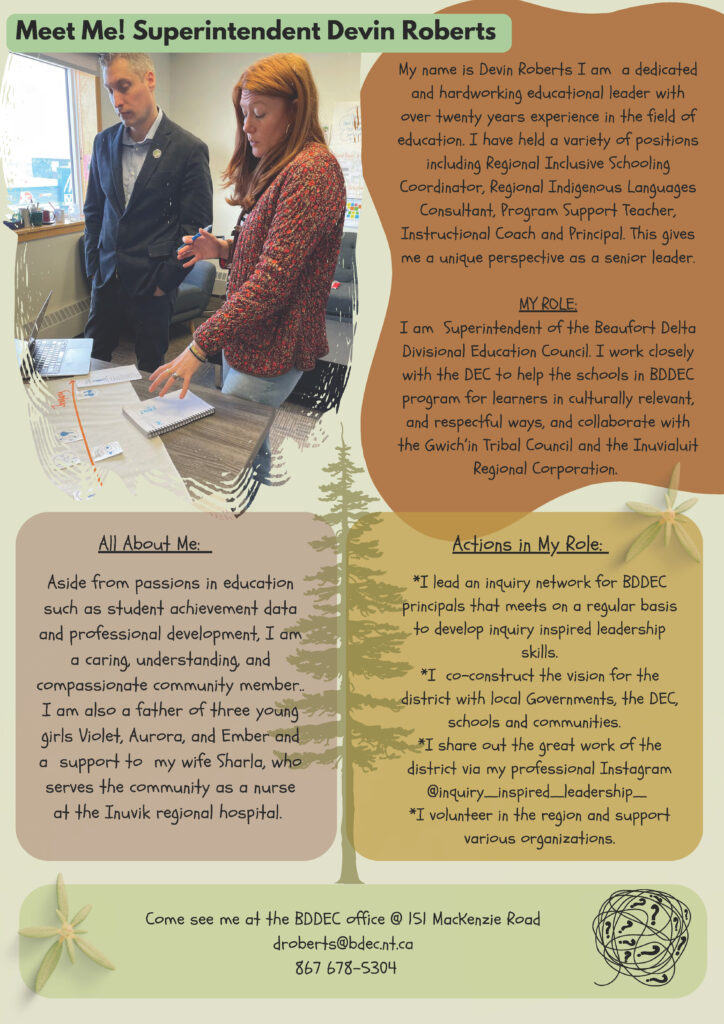
News Articles
How a new approach connects Beaufort Delta artists and students

Beaufort Delta artists, educators, and students say they are benefiting from Connected North programming in the region.
Connected North, a program under the umbrella of the charity TakingITGlobal, virtually connects subject-matter experts and classrooms across northern and isolated Indigenous communities.
Currently, 27 schools across the South Slave, Dehcho and Beaufort Delta take part in the program.
Within the Beaufort Delta Divisional Education Council (BDDEC), the program started in Inuvik and spread to all schools in the region over the past year.
BDDEC superintendent Devin Roberts said Connected North provided his nine schools with 102 sessions in 2024. Connected North content providers deliver sessions on the screen while the classroom teacher is in the room to help out on the ground
Virtual learning becomes hands-on
Nearly half of the sessions offered included a hands-on experience in the classroom, Roberts said.
Bambi Amos, an artist and sewing instructor from Inuvik, became a content provider for Connected North after the program contacted her.
Amos puts together sewing kits so students can make their own ukpik stuffies – little owl toys.

The kits are sent to schools that request her programming through a Connected North school lead, who helps to schedule programming and ship classroom materials.
So far, Amos has delivered programming in Inuvik, Ulukhaktok and Gjoa Haven, Nunavut. While there has been interest from other classrooms, she had to decline some opportunities as she didn’t have enough kits ready for all of the students.
“I’m really grateful for this opportunity to be able to connect everyone together, like all of Canada and the especially the rural communities,” she said.
Karen Wright-Fraser, another artist from Inuvik, has taught sessions about beaded earrings, beaded moosehide and caribou antler keychains. As she teaches, she also incorporates storytelling.
“I tell them that our ancestors needed skills like hunting, preparing skins and sewing for the survival of their people,” Wright-Fraser wrote to Cabin Radio.
She tells students that while learning new skills might be frustrating in the beginning, they shouldn’t give up.
“After you get the hang of the techniques, then it’s actually very relaxing and good for your well-being,” she said.
“It is rewarding to see them grasp the concept and be proud of what they are producing.”
Students ‘see themselves in the presenters’
Ephraim Warren, the principal of Mangilaluk School in Tuktoyaktuk, said his teachers sign up for Connected North sessions on a weekly basis, picking topics that relate to their classes and curriculums.
Connected North’s school leads can also suggest sessions if schools give them the curricular outcomes and competencies for their courses.
“I love the fact that they’re culturally relevant,” Warren said, noting instructors from around the Beaufort Delta have led virtual sessions at the school.
Some of the courses are one-off lessons. Others are part of a series.
“I’m thankful that we’re able to connect with people from all over the region and all over the world,” Warren said, noting they have had no issues with internet connectivity. “It brings another aspect to our school and our students and our teachers love it.”
At Angik School in Paulatuk, principal Kyle Sagert said his students have participated in interactive sessions featuring concerts, museums, walks and career features, alongside local content.
For teachers, there have been professional development sessions on things like using Indigenous books in creative writing classes.
“I also teach junior kindergarten and kindergarten, and we did one with the Royal Tyrrell Museum,” he said, referring to an Alberta museum dedicated to palaeontology.
Principal Janine Johnson, who works at Moose Kerr School in Aklavik, said the program has been great because “kids get to see themselves in the presenters.”
“It’s been really exciting to see the growth not just in the participation of schools, but also with Inuvialuit and Gwichʼin content providers within the region,” said Jennifer Corriero, the executive director of TakingITGlobal.
Looking ahead, her goal is for students to share and celebrate their learning experiences with each other online – not just with one content provider.
Indigenizing Education
Lessons from the North and a path forward without excuses
What is indigenizing education? This question is gaining relevance as school districts across Canada strive to meet the calls to action from the Truth and Reconciliation Committee. Predictably, most schools reach for low-hanging fruit and populate a list of to-dos to meet the perceived needs of their First Nations communities. Although well-intentioned, this laundry list of seemingly culturally sensitive and relevant interventions misses the mark and, in doing so, absolves educators of guilt without meeting the diverse needs of Indigenous students.
Indigenizing education is not a checklist of tokenisms. It is not just on-the-land instruction. It is not posters of the Calls to Action framed on the wall, and it is not land acknowledgements before school assemblies and board meetings. At its very core, Indigenizing education is a verb and a noun. Anchoring our intentions and actions in our values creates the authenticity that distinguishes contrived actions from genuine care. Indigenizing education is about relinquishing control and allowing Indigenous ways of knowing, doing and being to permeate everywhere, from the schoolyard and the classroom to the board office and the provincial and territorial Departments of Education. It is a paradigm shift that redefines education’s role in modern post-colonialism.
The educational philosophy that frames our intention in the North recognizes Indigenous peoples’ inherent right to self-government and reimagines the meaning of the words to give Indigenous governments indirect and direct jurisdiction over their educational fate. Seizing this opportunity, Yukon Indigenous governments established a First Nations School Board in 2022, assuming shared responsibility with the territorial government to deliver public education reflecting First Nations worldviews. Similarly, but to a lesser extent, the Northwest Territories (NWT) government granted powers to District Education Authorities (DEAs) and Divisional Education Councils (DECs) to determine the governance of schools in their communities, decentralizing decision-making at the administrative and operational levels. Both territories, in recognition of the importance of self-determination and education’s role in this, relinquished control to empower Indigenous communities to determine their educational path: one cognizant of cultural worldviews and the role education plays in fortifying their identity.
That is the first step in indigenizing education: enshrining the right to relevant, culturally appropriate education in legislation and ceding control of its creation and implementation to First Nations.
Two documents were created in the NWT to support schools: Dene Kede and Inuuqatigiit. These are “curricula …informed by a number of philosophical perspectives or worldviews that shape understanding of Dene and Inuit core concepts as well as the traditions of lifelong learning.” The importance of these documents cannot be understated as they form the core from which all instruction, across grades and disciplines, emerges. Elders’ wisdom and teachings are the backbone of education in the North, encompassing the language, culture and indigenous people’s worldview. Their teachings lead to a capable person, “one who has integrity in relationships that honour the self, others, the land, and the spiritual world.” Through these relationships, a capable person grows and develops a more expansive understanding of the essential physical, mental, emotional and spiritual growth involved in the four parts of human development. Since the inception of Dene Kede and Inuuqatigiit, two additional documents have been crafted, the Our Language Curriculum and the Indigenous Language and Education handbook. These documents continue to support and frame the teaching of Indigenous languages in the North.
That is step two: developing a supracurriculum that guides and gives rise to instruction at all implementation levels. The Dene Kede and Inuuqatigiit are not exclusive to one realm, discipline, or aspect of existence. They derive their genesis from all aspects of life: the individual, the community, the land, and the spiritual world—all essential elements of Indigenous education.
Step three is simple: students need to see themselves reflected in schools. Research suggests that students are more engaged with learning when their teachers and school leaders are of the same ethnic background (Holt, Gershenson, and Nicholas, 2016). Gershenson, Hansen & Lindsay (2021) further argue that teacher diversity is critical to teacher quality and efficacy in the classroom, as learning is affected significantly by cultural sensitivity and relationship building. Lastly, Carter Andrews, He, Marciano, Richmond, & Salazar (2021) suggest that decolonizing the curriculum is critical to learning among minorities, thus advocating for cultural sensitivity in the teaching profession. This begs the question, who would be more culturally sensitive to Indigenous students than an Indigenous teacher?
In 2023, the NWT published a committee report outlining steps to increase Indigenous representation in the NWT. This document was highly critical of the lack of progress in certain government areas and proposed more than superficial or cosmetic changes to hiring practices. It actively advocated for Indigenous representation at the highest operational levels, up to and including Assistant Deputy Minister positions as a minimum. Currently, Indigenous representation in the GNWT is approximately 30% (50% of the population in the NWT is indigenous).
In the NWT, the Government has institutionalized many programs aimed at increasing Indigenous representation in all aspects of government. Each departmental agency is expected to map out its long-term strategic plan to increase Indigenous hires, including clear targets for priority hiring, qualification equivalencies, retraining and managerial coaching programs. In education, an affirmative action program exists to help support and prioritize Indigenous applicants to increase their representation in the classroom. This program gives preference to First Nations, Inuit and Metis people and to those who have resided in the NWT for over half their lifetime. Despite an abundance of teacher education programs specific to Indigenous students, such as ITEP at Queens University and Lakehead University, NITEP at UBC, ATEP at the University of Alberta and NSITEP and SUNTEP through the Universities of Regina and Saskatchewan, schools across the country still are unable to meet this very important benchmark of teacher representation.
In the NWT, the throng of Indigenous teachers is primarily localized to Indigenous language teaching. These educators are a key element in Dene Kede and Inuuqatigiit curriculum instruction. They are identified, targeted and mentored early on, trained to become teachers and fast-tracked to support language instruction, an essential aspect of strengthening indigenous culture. Language is culture and culture is language, the two are intimately intertwined. A.L. Krober (1923) is credited with stating that “culture, then, began when speech was present, and from then on, the enrichment of either means the further development of the other.” As such, indigenous language teachers’ nurturing, support and encouragement are of primordial importance when building and fomenting Indigenous values in education. To further support and guide indigenous language instruction, the Department of Education developed materials and documents to (a) legislate the teaching of Indigenous languages and (b) develop criteria for the evaluation of proficiencies.

In the same spirit of authentically bringing cultural teachings to the classroom, schools in the NWT invite the community to participate in the education of the next generation. Programs such as Elders in the Classroom, Culture Camp, On the Land Learning, and many others recruit community elders and knowledge keepers to share their wisdom with students in a non-threatening, open, and genuine manner. These are not one-off macro charismatic events but part and parcel of the school and classroom environment. The biggest challenge facing schools in the North is overcoming stigma and the legacy of trauma from residential schools. Elders are being called upon to become part of a system that, until recently, was a tool for subjugation and mistreatment.
This is step four: Inclusion of the community in the development, implementation, and assessment of Indigenous education, including but not exclusively Indigenous languages. Only when a school accurately represents the community in content and instruction will Indigenous students see themselves reflected in a system that is traditionally at odds with their humanistic values.
Indigenizing education is about more that cultural events, wall displays, and perfunctory statements and platitudes. While these actions are easy to implement and measure, they are superficial. Genuine Indigenization of education requires an overhaul of the system, starting with legislation and ending in the classroom. A faithful commitment to the Calls to Action from the Truth and Reconciliation Committee is not measured in superficial gestures of cultural sensitivity but systemic change that enshrines change, protects change, nurtures change, and champions change for a sustainable future that celebrates indigeneity and northern culture.
 |
 |
 |
 |
 |
Images supplied by South Slave DEC
References
- Carter Andrews, Dorinda & He, Ye & Marciano, Joanne & Richmond, Gail & Salazar, Maria. (2021). Decentering Whiteness in Teacher Education: Addressing the Questions of Who, With Whom, and How. Journal of Teacher Education. 72. 134-137. 10.1177/0022487120987966.
- Gershenson, Seth; Hansen, Michael; Lindsay, Constance A. (2021) Teacher Diversity and Student Success: Why Racial Representation Matters in the Classroom. Harvard Education Press
- Gershenson, Seth & Holt, Stephen & Papageorge, Nicholas. (2016). Who Believes in Me? The Effect of Student-Teacher Demographic Match on Teacher Expectations. Economics of Education Review. 52. 10.1016/j.econedurev.2016.03.002.
- Kroeber, Alfred Louis. 1923 [1948].Anthropology. New York : Harcourt, Brace and Co.
Additional Reading
- Dene Kede and Inuuqatigiit
- GNWT Education Act
- GNWT HR Manual
- ILE (Indigenous Language and Education) handbook
- Indigenous Development and Training Program
- Indigenous Career and Gateway Program
- Language Proficiencies
- NWT Committee Report on Affirmative ACTION
- NWT Indigenous language policy
- OLC (Our Language Curriculum)
Podcasts and Interviews
The Canadian Ed Leadership Show (2024 – 05)
What does an inquiry-based school system look like?
— Dean Shareski (@shareski) May 13, 2024
Join me and Devin Roberts of Beaufort Delta School Divisional Education Council for Episode 53 of The CanadianED Leadership Showhttps://t.co/t7NXqbwfOT pic.twitter.com/uCSiHOCmub
The Canadian Ed Leadership Show (YouTube)
The Canadian Ed Leadership Show (Podcast Player)
The Canadian Ed Leadership Show (Apples Podcast Link)
@Bookswithmeaning Podcast with Veronika Darwell
Full Interview – @bookswithmeaning Podcast with Veronika Darwell and Devin Roberts
Community of Learners and Strength Based Learning – @bookswithmeaning Podcast
Excellent People and Learning Walls – @bookswithmeaning Podcast
Origins and Cameo – @bookswithmeaning Podcast
Scholarly Publications and Articles

Assistant Superintendent
Krista Cudmore
My Career in Education:
This is my 18th year in the education field.
I started my teaching career in a suburb of Birmingham, Alabama, as a Grade 6-8 Physical Education teacher. After 6 years, I moved back to Canada. I landed in Tuktoyaktuk for my next 6 years, where I had the opportunity to teach JK-12 Physical Education and then moved into a Principal role. After my time in Tuktoyaktuk, I moved to Inuvik, where I was a Principal for 2 years before coming to the BDDEC Office, where I am starting my 4th year as an Assistant Superintendent.
My Role:
As the Assistant Superintendent, I work closely with all school-based Admin Teams and help them with planning and programming.
My Work in Action…
– I help ensure the DEC-created BDDEC Vision is being actioned
– I support Principals with school-based decisions and programming
– I support BDDEC Consultants with planning and programming decisions
– I help with the recruitment and hiring of new staff members

District Staff

Bashir O. Ogede
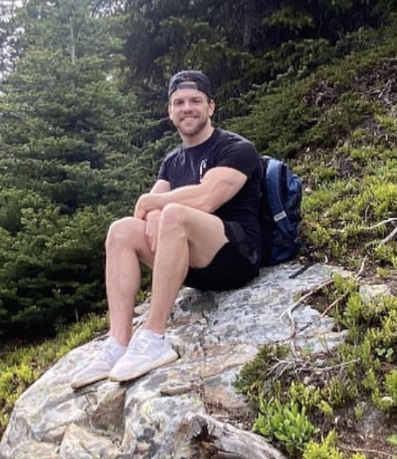
Cole Fiedler
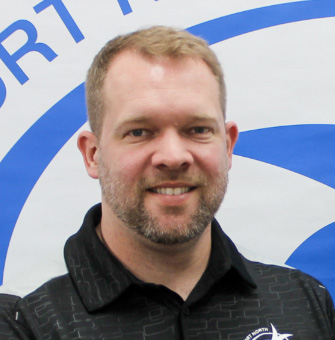
Colin Pybus

Danielle Aylward
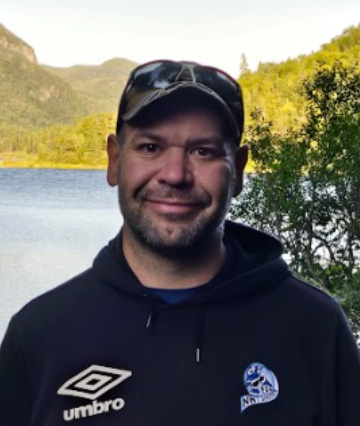
Ed Hartley

Elise Decaire-Jean
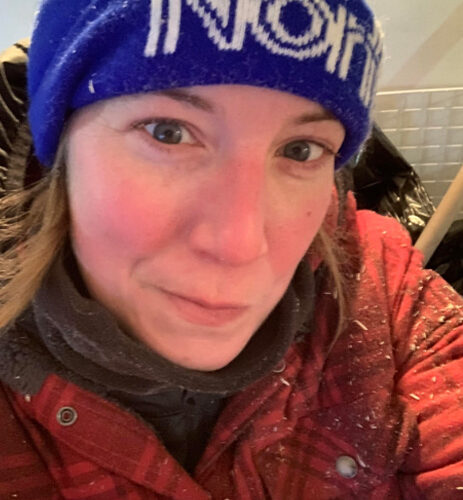
Erica Thompson
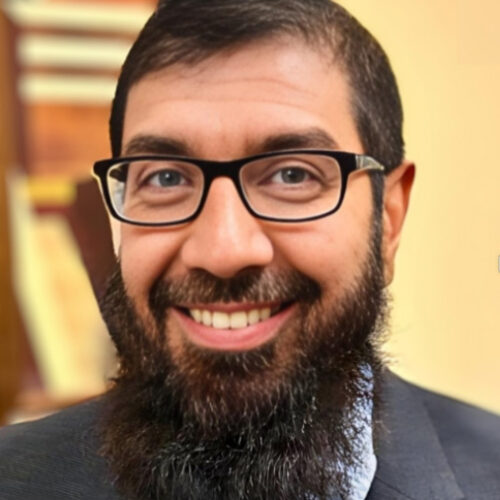
Fayyaz Ahmed

Gary McBride
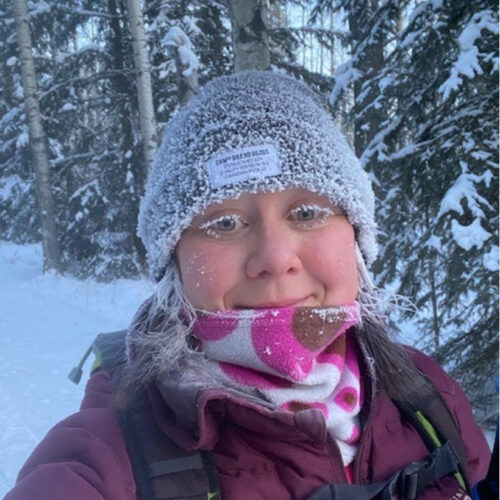
Jacqui Currie

Jarvis Mitchell
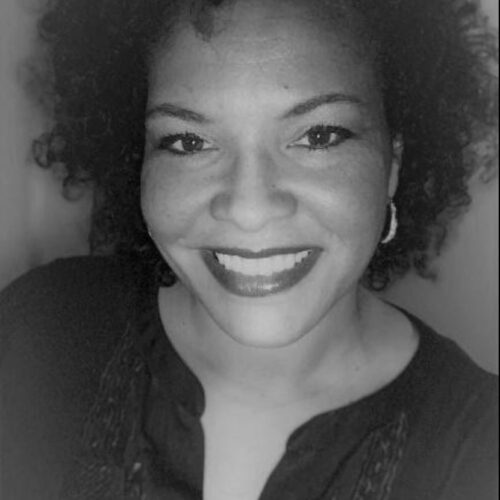
Julie Donohue-Kpolugbo

Justin Guy

Ken Crocker

Kurt Scheiwiller
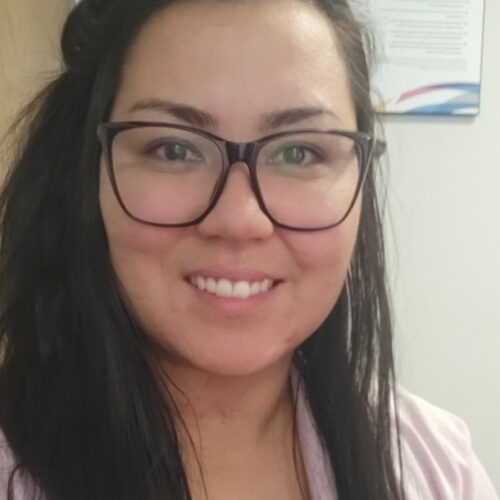
Loni Noksana-Ruben

Mike Reardon

Sacha Nogasak
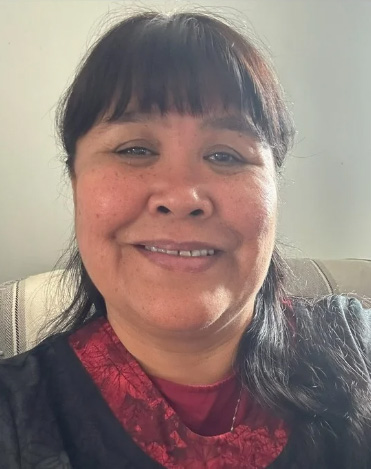
Shirley Peterson
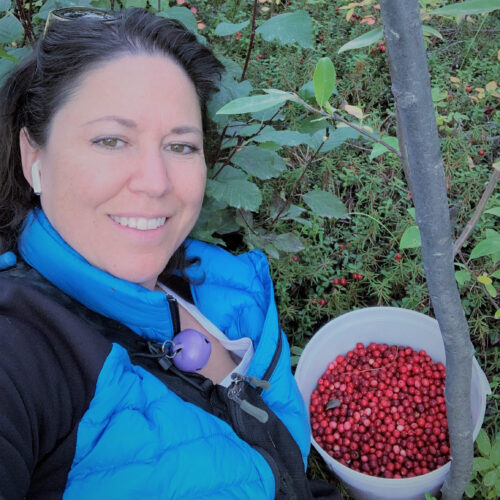
Sonia Gregory

Steve Dagar
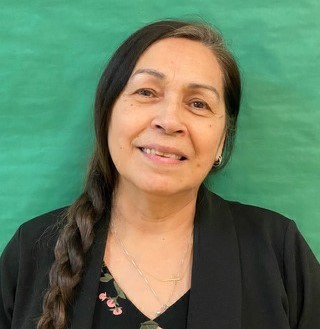
Velma Illasiak

William Logan

IT Network and Cybersecurity Analyst
Bashir O. Ogede
Hi, my name is Bashir. You can call me the IT Guy. I am a Network and Cybersecurity Analyst. Over the years, I have developed extensive expertise in designing, implementing, and managing network infrastructures. My career is backed up by multiple networking and cybersecurity certifications to ensure that I stay in the forefront of technological advancements.
My Role:
I provide day-to-day user support to staff and students across BDDEC to ensure smooth network operations. I also work closely under the direction of my supervisor, and collaborate with the team to write scripts and generally enhance the security and efficiency of all IT operations.
A Little About Me:
I live in Inuvik with my spouse and our daughter and I am excited to get to know the community here in Inuvik. I like flying drones and keeping current on all things technological!
What I Would Like To Accomplish:
I aim to enhance our technical support services by continuing to automate processes and improve network security. Also, ensure users experience seamless, reliable support, and that the network is equipped to handle future challenges. By integrating advanced technologies and maintaining strong security practices, I strive to contribute to the overall success and efficiency of the organization.
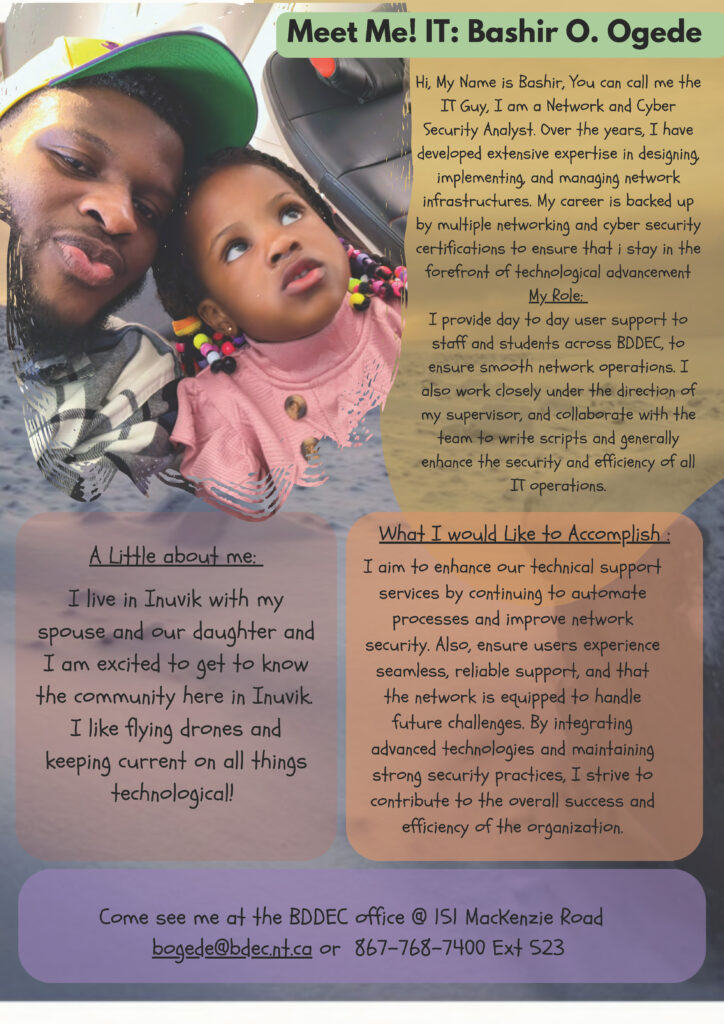

Consultant
Cole Fiedler
This is my 5th year in education. I started working in Inuvik at East Three Secondary School as a Sr. High Socials & PE Teacher. In 2022, I had the opportunity to travel the district and help support teachers develop inquiry-based learning practices in their classrooms. In 2023, I moved over to the Board Office and became the Curriculum Renewal Consultant. In this role, I help teachers and administrators transition to this new GNWT curriculum that is based out of BC. I currently split my time between the office and East Three Secondary, where I teach Sr. High Socials and High School Fitness.
My Role:
As the Curriculum Renewal Consultant, I support classrooms in transitioning to this new curriculum. My role is providing training and strategies to teachers to ensure they have success in this new curriculum and can design rich Indigenized and inquiry-based learning for our students.
All About Me:
I have a deep passion for health & fitness. I grew up playing sports all of my life, and I was a former University of Calgary Dino’s athlete. Outside of education, I spend most of time in the gym as a competitive bodybuilder and online personal trainer.
What Are The Ways I Can Help:
– I help teachers integrate the BC curriculum into their classrooms through lesson planning, unit planning and assessment.
– I can answer questions and provide resources for parents, guardians or community members interested in learning about the new curriculum.
– I can provide strategies to teachers to help them create learning that develops important skills for our students, such as; critical thinking, creative thinking, communication and personal awareness.

Email:cfiedler@bdec.nt.ca
Office:BDDEC Office @ 151 MacKenzie Road

On-the-Land Itinerant Teacher
Colin Pybus
“Originally from Walkerton, Ontario, I started working in the Beaufort Delta in 2012 as a physical education (PE) teacher at Magilaluk School in Tuktoyaktuk. Transferring to Inuvik in 2013, I became the full-time PE teacher at East Three Secondary. I took on various additional roles in the school, coaching soccer, badminton, and athletics while also being a key organizer of the annual Northern Games and Dene Games Summit. In 2021-22, I was appointed Vice-Principal at ETSS, working with current ETSS principal Adam Wright through Inuvik’s highly challenging COVID school year.
My Role:
I started working with the BDDEC Office team in 2022-23, taking on the position of On-the-Land Itinerant teacher, a role designed to support land-based educational opportunities for students, teachers, and schools across BDDEC.
All About Me:
Outside of BDDEC, I actively support the NWT sporting community, being involved with the Arctic Winter, North American Indigenous and Canada Summer/Winter Games in various roles over his 13 years living in the Beaufort-Delta.
Ways That I Can Help:
– I help out with physical education and outdoor education support as part of my BDDEC portfolio.
– It is a beautiful position where I can work in all eight BDDEC communities.
– In this position I learn from students, Elders, and community leaders on land-based practices.


Junior Kindergarten / Kindergarten Consultant
Danielle Aylward
Danielle Aylward is originally from Newfoundland, a descendant of settler Irish, French and Qalipu Mi’kmaq families. Danielle first came to live and work in the Northwest Territories in 2017, where she taught JK/Kindergarten for two years in Ulukhaktok on the lands of the Inuvialuit people.
In 2018, she began consulting with the Beaufort Delta Divisional Education Council and currently works at the regional office in Inuvik as the Junior Kindergarten/Kindergarten Consultant. Her 11-year career in education has ranged from JK to Grade 7 with a majority focus in the early years, including positions in Newfoundland, London (UK), and the NWT, and training opportunities locally and internationally. Danielle’s educational background includes a B.Sc. (Psych), B.Ed. (Primary/Elementary), and she is currently completing a Masters of Professional Education in Early Childhood Education at Western University.
Danielle is passionate about the unique nature of learning in the early years, with a focus on the power of attending to play and learning in relationship with each other, our environment, and our communities. She enjoys working collaboratively with teachers to recognize the many ways young children show their learning and strengths, and listening to the many stories they share along the way.
Email:daniellea@bdec.nt.ca

Northern Distance Learning (NDL) Coordinator
Ed Hartley
Hello. my name is Ed Hartley, and I am the Online and Blended Learning Coordinator for the Northern Distance Learning (NDL) program. This is my 18th year with BDDEC., and I appreciate and value every day I get to spend working and playing on the lands of the Inuvialuit and Gwich’in peoples.
My Role:
I work closely with the five NDL teachers in Inuvik, as well as ECE counterparts to deliver the NDL program not only to the BDDEC schools but also across the NWT. The majority of my role centers on supporting the teachers in delivering the curriculum synchronously online to 20 schools and supporting all students and support staff that participate in NDL.
All About Me:
I enjoy spending a lot of my free time outdoors, hunting, fishing, hiking and camping every chance I get with my family. My hobbies also include head Sensei of Kuzuri Judo Club, tinkering in my shop fixing vehicles, and listening to and playing traditional Newfoundland and Celtic music.
My Philosophies:
– Learning is a natural process that is specific to the individual. Our job is to help learners connect to the real world and help build the skills and knowledge to thrive and flourish in our ever-changing society.
– Learning is best done when the student has a say in what they learn and how they learn it.
– Resiliency can be strengthened with challenges supported by careful and meaningful guidance.

Born and raised in Stephenville, Newfoundland where I attended Memorial University of Newfoundland and graduated with a bachelor or Physical Education (2006) and Bachelor of Education (Intermediate/Secondary) with conjoint diploma in Technology Education (2007). From there I moved to Akavik, NWT with my wife and two children and took a position as the jr. high and high school teacher. In 2011 my third son was born, and by 2013, I was given the opportunity to fulfill the role of vice-principal and high school teacher and began working towards my master’s degree in education. April 2017 we made the move to Inuvik, where I taught shop and trades CTS courses at East Three Secondary School. From there I began teaching math in face to face classes and as part of the Northern Distance Learning (NDL) program in 2018. April of 2020 I graduated from Memorial University once more with a Master’s of Education (Information Technology) focusing on research in transitioning from face to face learning to online and blended learning environments. This is where I moved into my current role as coordinator of the NDL program, where I manage the day to day operations of NDL as well as consulting the NDL teachers in August of 2020. Outside of work I enjoy snowmobiling, hunting and camping with my family. I also run the Kuzuri Judo Club in Inuvik as head Sensei and sit on the board of directors for the NWT Judo Association as Vice President.


Indigenizing Education and Inquiry Consultant
Erica Thompson
This is my 18th year in education all of which has been in Northern communities. In my 13 years in the NWT, I worked as a teacher in Fort McPherson and Tsiigehtchic and have been with the Beaufort Delta Divisional Education Council as a consultant for 5 years working out of Inuvik.
My Role:
I work closely with Velma Illasiak and Shirley Peterson to help teachers, schools, and community members create programming that is culturally relevant, builds Indigenous language competence, and helps students learn and demonstrate skills of the community. I travel to communities within the Beaufort Delta and I help school teams connect Indigenizing strategies with Inquiry Learning JK-12.
All About Me:
I love being out on the land. I am passionate about teaching with the land and spending time with community members and Elders learning from the stories of the people and the places of the Beaufort Delta. I love cooking outdoors with my husband and spending time around a fire. I also love collecting Art and funky things!
What Are The Ways I Can Help:
– I facilitate Professional Learning Networks with teachers and principals district-wide
– I Travel to communities to work with teachers and school teams around Indigenizing Education and Inquiry Learning
– I Help school teams plan for and support Land-Based Learning

Erica Thompson is a settler Canadian who comes to us from Nova Scotia. With teaching experience in Manitoba, Nunavut, and 9 years in the Beaufort Delta Region she is honored to live and teach on the traditional lands of the Gwich’in and Inuvialuit people. Erica has a Masters of Education in Land-Based Indigenous Studies from the University of Saskatchewan. She has spent a great deal of time teaching in multi-grade contexts in small remote Indigenous communities and has organized frequent land trips with Elders and students from across this region. She draws on the knowledge and wisdom shared with her during her teaching years in the Delta as the Indigenizing Education Coordinator with BDDEC.
Erica’s educational philosophy weaves the foundational importance of community traditions, knowledge and worldview with curricular learning experiences and resources, always celebrating individual talents, and encouraging teachers to instill leadership and build resiliency in students so that they may navigate the realities of walking in two worlds. In addition to working closely with the Regional Indigenous Languages and Education Consultant (RILE), Erica is also the Literacy 7-12 Coordinator for BDDEC. The integration of these two portfolios is a unique and valuable feature of BDDEC programs.

Computer Technician
Fayyaz Ahmed
I graduated from McMaster University in 2009 with a Masters degree in Computational Engineering, which provided me with a solid foundation in cutting-edge engineering and computer science principles. Since then, I have worked in a wide variety of roles, each contributing to the depth and breadth of my technical and managerial skills.
My role at BDDEC is part of a broader career journey that has spanned over two decades and various sectors, demonstrating my versatility and adaptability in the rapidly evolving field of technology. Currently, I am pursuing my doctoral degree in Educational Leadership.
Jobs I Have Held In The Past:
At Amazon, I worked as an IT Manager, overseeing large-scale IT operations and ensuring that technological strategies were aligned with the company’s business objectives. My leadership in IT infrastructure, team management, and strategic planning helped streamline operations and improve efficiency within the company.
My Role:
I am currently employed as a Computer Technician at BDDEC, where I apply my extensive expertise in both hardware and software troubleshooting, IT asset management, and technical support.

Master’s degree in Computational Engineering and Sciences from McMaster University, along with gold standard certifications in IT from reputable companies like Microsoft, IBM, Oracle, and Blackberry. Committed to continuous learning through professional development courses on platforms like LinkedIn, particularly with partners such as PMI and Microsoft etc.
Serving on education and experience review committees of the Canadian Information Processing Society (CIPS) and the Ontario Association of Engineering Technicians and Technologists (OACETT). Reviewing articles for the peer-reviewed Journal of Network and Computer Applications.
Selected Publications:
https://www.sciencedirect.com/science/article/pii/S1877050913007102
https://www.sciencedirect.com/science/article/pii/S1877050917311031
Phone:(867) 620-0762
Office:BDDEC Office @ 151 MacKenzie Road

Comptroller
Gary McBride
My name is Gary McBride. I was raised in BC, attending BCIT and Simon Fraser University. I taught at the University College of the Cariboo for a few years as a sessional instructor, and worked as an exam marker for the Society of Management Accountants for a few years. I moved into the Public Sector from the Private Sector in 2013 when I moved to Inuvik as the Director of Finance, moving to BDDEC in 2015 as the Comptroller.
My Role:
The role of the Comptroller is the Chief Financial Officer for the organization. In doing the role I work closely with the finance team including the DEA’s, the DEC, the finance department at ECE and the Department of Finance with the GNWT as well as working with our independent auditors and our banking officials.
All About Me:
I received my Accounting Designation in 1988 and worked in the Forest Industry for a number of years before moving to Inuvik to work with the Town and eventually the Education Council. I am involved in a number of committees that have a positive impact upon the north.
Parts of my Role:
To provide support as the head of the finance team to ensure that the senior management have the financial information so that they can make informed decisions that benefit our students.


Health, Wellness and Mentorship Consultant
Jacqui Currie
This is my 17th year in the education field. I started my teaching career in Fort McPherson as a grade 4 teacher. I am passionate about student well-being and healthy school environments. I spent ten years in Alberta working on a provincial team supporting school divisions to foster spaces where students and staff can thrive. I returned to the Beaufort Delta Divisional Education Council as the Health and Wellness consultant in the fall of 2021. I work out of the Inuvik division office.
My Role:
As the Health and Wellness consultant, I support schools in fostering healthy learning environments. This includes working with administration teams and school staff on their Safe and Caring Schools Plans and Healthy Relationship Programming. My role also includes being the division lead for the new School-Based Mental Health and Wellness program. This program is a new partnership with Education and Health that hopes to increase mental health and well-being support for all students.
All About Me:
I was born in Saskatchewan but spent most of my childhood in Alberta. As a competitive swimmer, I spent a lot of time in a swimming pool, which led to my first journey to the Beaufort Delta. I moved to Aklavik in the spring of 2001 to work as a lifeguard and swimming instructor. I spent five spring-summer seasons in this role. I love the outdoors and am happiest when I am on the land skiing, hiking, paddling, or picking berries. I have immense gratitude for the opportunity to live on the lands of the Gwich’in and Inuvialuit peoples, and I love learning from the youth and elders.
My Work in Action:
– I provide school staff with training and guidance on Healthy Relationship Programming.
– I review and support the implementation of Safe and Caring School Plans, including training for Violent Threat Risk Assessment (VTRA).
– I am working with health and community organizations to develop a School-Based Mental Health and Wellness Framework for the Beaufort Delta region. This work includes supporting training and mentorship for the school-based Peer Support workers and the Indigenous Health and Wellness Elders.


Admin Assistant
Jarvis Mitchell
My name is Jarvis, I was born in Inuvik and lived here most of my life. I attended both SAMS school and East Three. I was actually the first grade 6 class to graduate from East Three elementary school. I graduated from East Three Secondary in 2020. This will be my first year working with BDEC/GNWT and I look forward to working here for plenty of years to come.
All About Me:
Outside of work, I spend most of my time actively playing sports all year long, sometimes travelling to other cities or surrounding communities. I love to spend time with friends and family going out on the land, going skidooing or getting together to enjoy a nice picnic or campfire, or just having a nice time relaxing and hanging out.
My Job:
My new position here at BDDEC lets me book Duty travel for a lot of the teachers and other employees in the Beaufort Delta region. If I am not booking travel, I am always looking to help other fellow workers with any extra hands they might need. Come see me at the BDDEC office @ 151 Mackenzie Road.

Literacy Consultant & Instructional Coach Coordinator
Julie Donohue-Kpolugbo
If you have been in the Beaufort Delta Divisional Education Council (BDDEC) in the last 8+ years, it is likely that you have heard an impassioned speech by Julie Donohue-Kpolugbo about literacy and our collective moral imperative to do what is best for all children. Julie currently serves as the Literacy Consultant and Instructional Coach Coordinator in BDDEC including a more recent focused work in Grades 1-6 ELA supports. She has been with us at the BDDEC office since August 2016, after 3 years working at Mangilaluk School in Tuktoyaktuk.
Over the last 20 years, Julie has worked in a variety of locations in North America, South America and Africa serving in varying capacities including classroom teacher, instructional leader, program support teacher, coach, and literacy consultant. In 2011, she won the VIF International Educator of the Year Award in Atlanta, Georgia.
Julie’s work is rooted in her passion for literacy and improving pedagogical practice, which now also includes the ongoing development, implementation and support of the BDDEC Instructional Coaching program. She is not only known for her enthusiasm, but also for her advocacy and compassion for children, work ethic, organization, willingness to collaborate, perspectives on diversity, and inspiring others in their own journey.
Julie holds a Master of Arts degree with a focus on elementary pedagogy as well as a certification in International Development with an emphasis on program planning for sustainability. Most recently, Julie graduated as a member of the Learning Forward Academy Class of 2019 with specific concentration on supporting BDDEC toward a future that highlights some of the best teaching and student success in the Northwest Territories.
Email:julied@bdec.nt.ca

Regional Inclusive Schooling Coordinator
Justin Guy
I have over 15 years of experience working with children aged 3-21 with physical and intellectual disabilities. For the past 6 years in the NWT, I’ve been a Program Support Teacher at Helen Kalvak School in Ulukhaktok and a coordinator with the Beaufort Delta Divisional Education Council in Inuvik.
My Role:
As a Regional Inclusive Schooling Coordinator (RISC), I lead efforts to support inclusive schooling, advocate for students with physical and intellectual disabilities, and support 2SLGBTQ+ students. I work with the superintendent to manage funding and collaborate with ECE staff, other RISCs, and principals to implement practices, update policies, and ensure timely reporting. I also work with community agencies, provide training, facilitate transitions, and maintain records to track support and effectiveness.
All About Me:
I’m passionate about hiking, camping, and exploring the outdoors, and I love diving into sci-fi, fantasy, and non-fiction books. I’m a proud dad who values family time, travel, and attending festivals and concerts. My dedication to professional development and academic growth keeps me engaged and motivated.
What Are The Ways I Can Help:
– I can support families of students with complex needs who need support accessing resources and technology in their school.
– I can work with school teams to ensure that staff are well-informed and consistently implement effective inclusive schooling practices
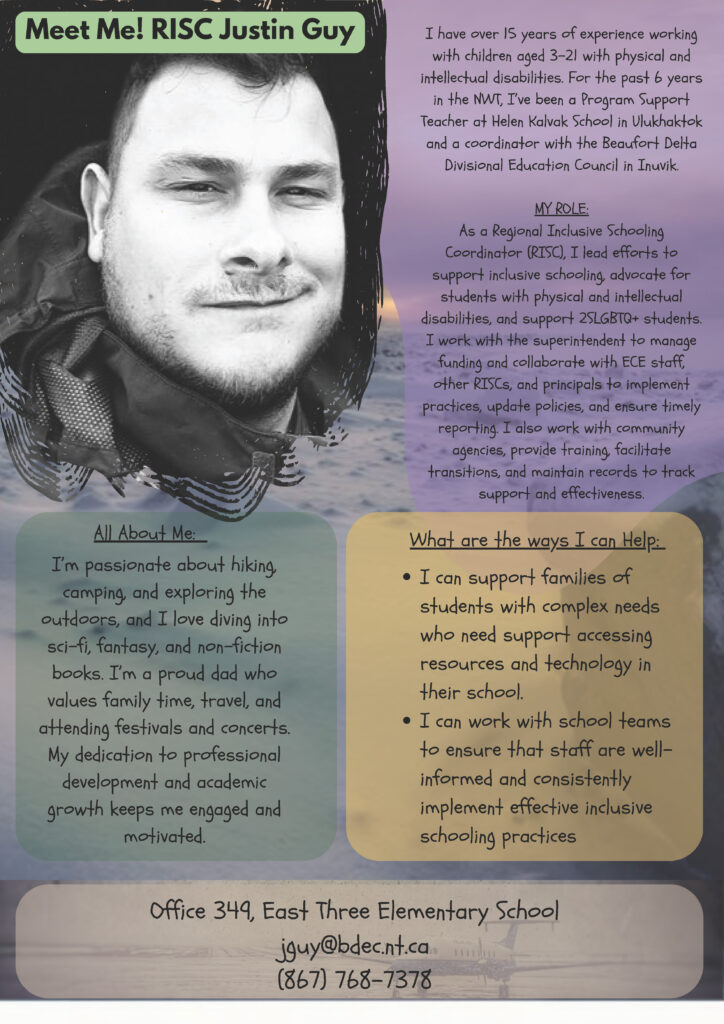
From 2010 to 2015, while completing a Bachelor of Education in Primary Studies and Bachelor of Arts in Child and Family Studies, I worked as an Early Childhood Educator and Life Skills Coach, where I supported students with both intellectual and physical disabilities aged 3-21. I worked in a supporting role for students with Asperger’s Syndrome, Chromosome 9 – Trisomy 9p, and Fetal Alcohol Syndrome, developing and implementing activities that supported and promoted healthy development, promoted appropriate social and communication skills, fostered healthy relationships, and developed a sense of independence.
From 2015-2018, I worked with students in Shenzhen, China utilizing the International Baccalaureate curricula as a Primary Years Program Teacher, while completing two Advanced Graduate Certifications from the University of Calgary in Inclusive Education and Advancing Health and Socially Just Schools and Communities, and a Masters of Education. In 2018, I joined the community of Ulukhaktok as a Program Support Teacher, where I led weekly collaborative meetings between staff, advocated for technology and support for students, and scheduled interventions.
In 2021, I was invited to join the BDDEC Regional Office as the Regional Inclusive Schooling Coordinator. The Regional Inclusive Schooling Coordinator (RISC) holds the central coordination role at the district level. Reporting directly to the Assistant Superintendent, the RISC supports school-based staff and serves as a liaison between the school and community agencies and other stakeholder groups. The RISC works directly with school principals and PSTs to ensure that school staff know about and use effective inclusive schooling practices.

Finance and Administration Officer
Ken Crocker
Hi, my name is Ken Crocker, I have lived in Inuvik for 26 years and I am originally from Newfoundland. I am a proud father of four, all of my children were raised and went to school in Inuvik for most of their lives and have now moved on to various academic and professional pursuits.
My Role:
I have worked for the Beaufort Delta Divisional Education Council (BDDEC) for 14 years. I am one of two Comptrollers at BDDEC having recently moved into that position from my original position of Finance and Administration Officer. The role of the Comptroller is the Chief Financial Officer for the organization. I work closely with the finance team including the DEA’s, the DEC, the finance department at ECE and the Department of Finance with the GNWT as well as working with our independent auditors and our banking officials.
All About Me:
When I am not at work I enjoy travel and time with family. I am also a certified 1001 firefighter and a member of the Inuvik Fire Department.
Parts of My Role:
– I have enjoyed working with our community members that make up our various District Education Authorities.
– I am fortunate enough to have visited most of our communities in my work with School DEAs
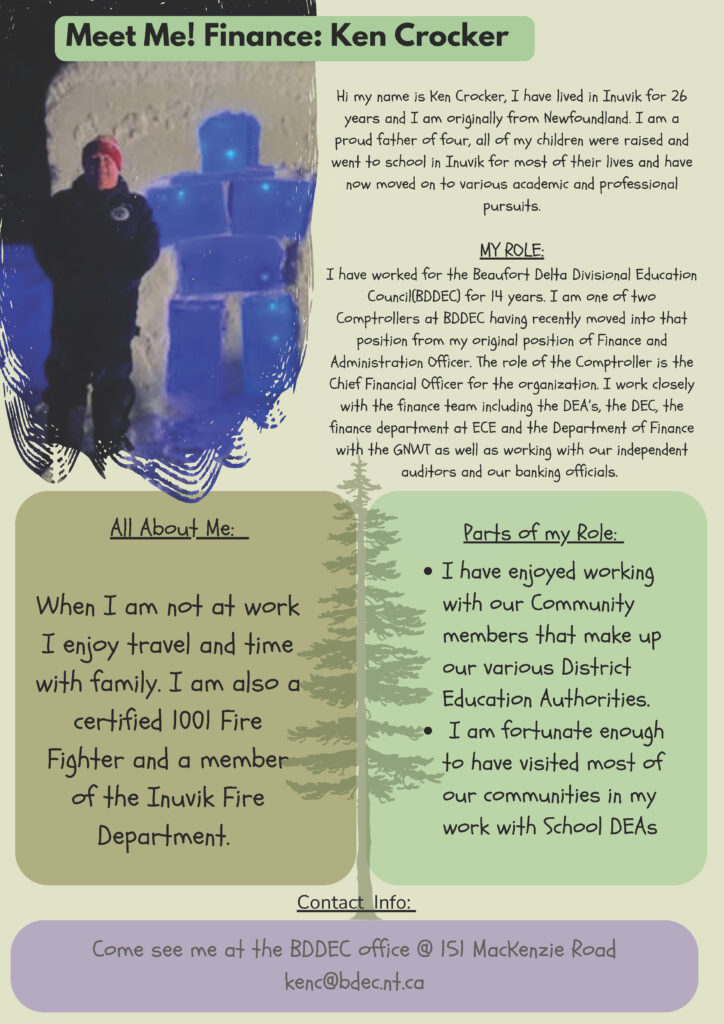
Email:kenc@bdec.nt.ca
Office:BDDEC Office @ 151 MacKenzie Road

Finance and Administration Officer
Kurt Scheiwiller
Hi, my name is Kurt Scheiwiller, I was born and raised in Inuvik most of my life with stints in Switzerland, Nanaimo, Victoria, Edmonton and Calgary. I am married and have a daughter that is attending her first year in E3SS after 7 years in E3ES. My first experience working for the GNWT was at Expo 92 in Seville Spain for 10 months after which I went back to Switzerland and did my basic training in the Swiss army, as I am a dual citizen.
All About Me:
When not working my family and I enjoy traveling and mostly our time spent out on the land at our camp either boating or skidooing. We love going out and harvesting wood for our home and camp as there is nothing better than the heat from a wood stove.
My Role:
I am the Finance and administration officer for BDDEC, I have been with BDDEC for 18 years now and I truly enjoy my role in supporting all schools and students and working and collaborating with all my colleagues here in the office that have risen my awareness in education and challenges our students encounter.

Born Inuvik
July 17, 1972
Married to Lucy Scheiwiller formally Kasook of Inuvik
Daughter Sierra Scheiwiller
Email:kurts@bdec.nt.ca
Phone:(867) 777-2332 Ext 502
Cell:(867) 768-7427
Office:BDDEC Office @ 151 MacKenzie Road



Finance Clerk
Sacha Nogasak
Hi, my name is Sacha Nogasak, I was born in Inuvik and raised in Tuktoyaktuk. I have been living in Inuvik for 10 years. I am engaged and have 2 kids that are attending E3ES, My daughter is in kindergarten and my son is in grade 3. I am a P1 Inuvialuit. I have been working with the GNWT for almost 2 years now, and it’s been great!
My Role:
I work as a Finance Clerk with BDDEC, I have been here for almost 2 years now. We have a great Finance team that helps and supports me through my work. I enjoy working as a Finance Clerk and I enjoy working here at BDDEC.
All About Me:
After work I spend time with my family, playing sports and traveling on the land. We love going to Husky Lakes in the springtime, and skidooing while we have snow. In the summer we love playing baseball, and boating.
Parts of My Role:
– To assist BDDEC finance department in organizing files and paperwork for the annual audit
– Assist the finance team in organizing information for checque runs and payroll.

Phone:(867) 678-0265
Office:BDDEC Office @ 151 MacKenzie Road

Regional Indigenous Language Educator
Shirley Peterson
I have worked in Education for 30 plus years, started at Mildred Hall School in Yellowknife and after a few years moved home to Tetlit Zheh, Fort McPherson where I taught grade 5, Jr. High, High School. I was also the Vice Principal and Principal for a number of years at Chief Julius School. Over the years, I have had the opportunity to share my Indigenous Knowledge with the many students and teachers I have taught and worked with.
My Role:
I currently work as a Regional Indigenous Language Educator for the Beaufort Delta Education Council. I work with community and language and cultural holders to build relationships to support language and culture.
All About Me:
I enjoy walking and sewing. I enjoy meeting with elders, listening to their stories and sharing traditional knowledge. I have 4 grand-daughters and like to spend time teaching them the language and culture. In the Summer, I enjoy going out fishing with my family.
What Are The Ways I Can Help:
– I co-create materials to support language.
– I work with Indigenous Language Teachers in implementing the Our Languages Curriculum.
– I support whole staff planning and programs using Dene Kede and Inuuqatiigiit.
– I Support JK/K wrap around planning with the classroom and language teacher.
– I Develop partnerships with Indigenous groups to promote language and culture

Email:shirleys@bdec.nt.ca
Office:Chief Julius School in Tetlit Zheh

Regional Inclusive Schooling Coordinator
Sonia Gregory
I spent the first half of my career in Saskatchewan working as a Classroom Teacher, Learning Support Teacher, and Principal. I moved to the NWT in 2008 as a Program Support Teacher in Fort McPherson, to Tsiigehtchic as a Principal in 2015, and since 2020 I’ve been working as a Coordinator with the education council based out of Inuvik.
My Role:
As a Regional Inclusive Schooling Coordinator I collaborate with Territorial, regional, and school staff, and community agencies; establish policies; and support key transitions. I also maintain records, and oversee implementation of Territorial & regional mandates and directives.
All About Me:
I enjoy walking in the beauty of the Mackenzie Delta and appreciate the gifts the land offers. I am happiest when the seats at my table are filled with people enjoying the food I create. I believe in programming that is based in the goals and aspirations of children and their families, and recognizes, honours, and develops the child’s unique gifts and talents.
What Are The Ways I Can Help:
– I act as an advocate for students and their families
– I help school teams plan for students with complex needs
– I support students, families, and school teams with accessing resources and technology
– I travel to communities to work with school teams, provide training, and ensure that staff are implementing effective inclusive practices

Sonia Gregory is a settler Canadian whose grandparents were Ukrainian and French-Canadian. Sonia joined the Beaufort Delta Education Council in 2008 as a Program Support Teacher at Chief Julius School in Fort McPherson on the traditional lands of the Tetlit Gwich’in. In 2015, she left Fort McPherson to become the principal at Chief Paul Niditchie School in Tsiigehtchic on the traditional lands of the Gwichya Gwich’in. Sonia joined the Regional office in 2020 supporting Inclusive Schooling. Prior to moving to the Northwest Territories, Sonia worked in her home province of Saskatchewan for 14 years as a classroom teacher, inclusive education teacher, and a school administrator. Sonia completed her education in Saskatchewan and holds degrees in Education, Inclusive Education, and Land-based Indigenous Education. Sonia’s experience ranges from small, multi-graded JK-9 schools with 20 students, to high schools with 500 students.
Sonia’s educational philosophy is grounded in creating inclusive environments for students that reflect the values, norms, and traditions of their families, communities, and culture. Sonia believes in educational programming that is based on the goals and aspirations of children and their families, and that recognizes, honours, and develops the child’s unique gifts and talents. Sonia enjoys engaging and working collaboratively with communities and being involved in community activities. In her free time, Sonia enjoys baking, cooking, and going for walks on the land.
Email:soniag@bdec.nt.ca
Phone:(867) 620-1194
Office:Room 149, East Three Secondary School @ 116 Kingmingya Road

Literacy and Social Studies Programs Consultant Grades 7-12
Steve Dagar
This is my 18th year in education and have had the privilege of working throughout the North. I spent a couple of years teaching in the Beaufort Delta: two years in Tuktoyaktuk and the past 12 years working in Inuvik.
My Role:
As a consultant with skills in literacy, I work closely with teachers and students in reading, writing, critically engaging with texts, and student collaboration. Often, I get to visit our community schools and work with teachers and students in person. I have the honour of co-planning and co-teaching throughout the district, allowing me to meet and work with students from Ulu to McPherson.
All About Me:
Originally from Southern Ontario, I have fallen in love with The North. The North is where I have the honour and privilege of living with my family and am proud to call Inuvik home. My out-of-office time is mostly spent with my daughter battling bad guys and saving the world! Also, nothing beats skidooing the delta in the spring. That might be my favourite pastime ever.
What Are the Ways I Can Help:
I implement district initiatives and co-facilitate teacher and coaching networks.
I directly working with teachers to:
– Co-plan units and lessons
– Implement thinking routines
– Co-teach and model lessons
– Coaching cycles with teachers


Regional Indigenous Language Educator
Velma Illasiak
The Beaufort Delta is my home and I have served the Gwich’in and Inuvialuit people for many years. I have been with BDDEC since 1993 in the capacity as a principal for 18 years within my home community of Aklavik and I am currently working as the Regional Indigenous Language Education Coordinator for the past 6 years with BDDEC.
My Role:
I work closely with Erica Thompson and Shirley Peterson in collaboration to help teachers, schools and community members to create cultural programming opportunities that are inclusive of Indigenous worldview, culturally relevant, and Indigenous language specific to help students be immersed in two worldviews. I work with our Indigenous Language Instructors to help with their training needs, delivery of the Our Language Curriculum, Indigenous Language Education Handbook and partner with the Gwich’in Tribal Council & Inuvialuit Regional Corporation.
All About Me:
I enjoy time on the land with family and designing and sewing beautiful creations for loved ones and friends. I love spending time with my family and my grandchildren. I am an artist and really enjoy creating new and interesting things.
What Are the Ways I Can Help:
– I act as an advocate for students and their families
– I help school teams plan for students with complex needs
– I support students, families, and school teams with accessing resources and technology
– I travel to communities to work with school teams, provide training, and ensure that staff are are implementing effective inclusive practices

As a school administrator, Velma explains her view on the future of schools in the North, citing a strong need to include more culture within the school system. Understanding that Canadian schools are Eurocentric in nature, Velma offers several ways that culture can be integrated into schools respectfully through consultation with elders, community leaders, and educational professionals. Originally from Aklavik, Velma has been a pioneer for culturally based education in Northern Canada. She continues to challenge the status quo by making positive changes to support all of the students in her school. This talk was given at a TEDx event using the TED conference format but independently organized by a local community.
Learn more at http://ted.com/tedx

PowerSchool Consultant
William Logan
This is my 15th year in Education, I started working at Samuel Hearne Secondary School in Inuvik as a High School math Science Teacher. In 2017 I moved over to the School Board Office as a consultant for Norther Distant Learning where I helped build the program from 7 schools to 17 schools across the NWT. That role allowed me to visit most of the Territories and while the Job was rewarding the pull to be home in Inuvik with my family required me to change roles. I currently work as the Student Information Systems consultant and Vice Principal at East Three Secondary School. k.
My Role:
As the Student Information systems Consultant I work with a program called PowerSchool which holds all the data from Grade, Schedules, Demographics etc. for each student in the District. It is also where guardians can go the PowerSchool Parent Assist to see how there child is doing in school.
All About Me:
I love sports and being with my wife and 2 kids. In the winter months you can find me at the school coaching the Senior Boys Basketnball team. During the summer months I can be seen running around town or to the airport and back.. I just completed my 4th marathon this summer and I am hoping one day to qualify for the Boston Marathon!
What Are The Ways I Can Help:
– I can set guardians up with Parent Assist account to keep track of how their child is doing in school.
– I help teachers and administrators across the district ensure students are being assessed correctly and that they have the right schedule.
– As a Vice Principal I do my best to ensure all students and teachers at East Three Secondary School have everything they need to be successful.
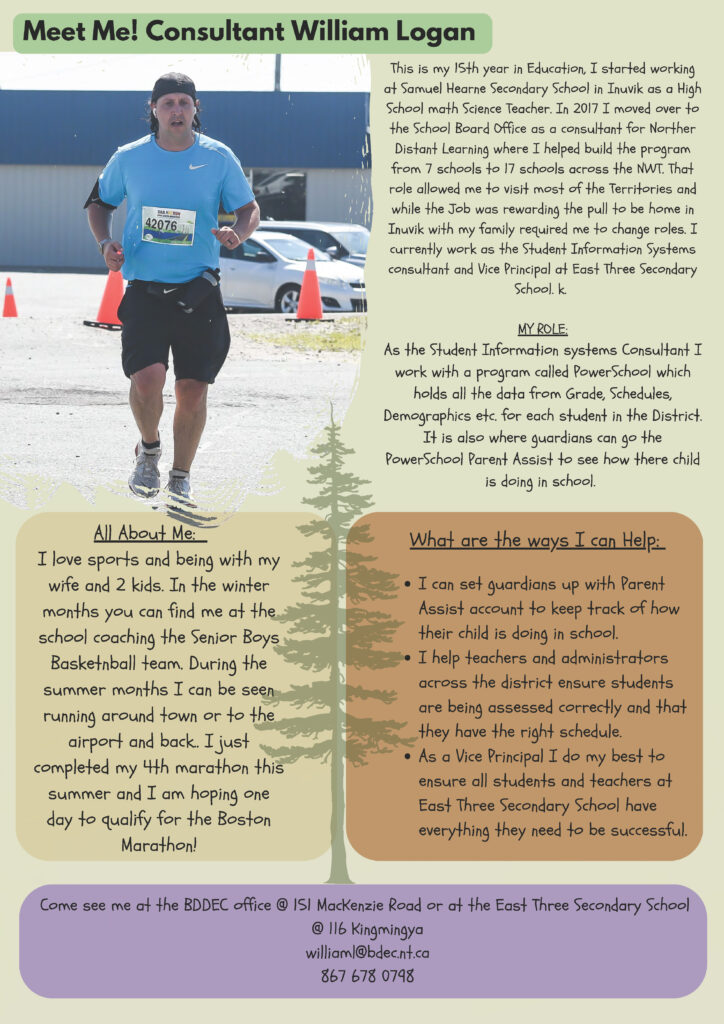
Email:williaml@bdec.nt.ca
Phone:(867) 678-0798
Office:BDDEC Office @ 151 MacKenzie Road or at the East Three Secondary School @ 116 Kingmingya

